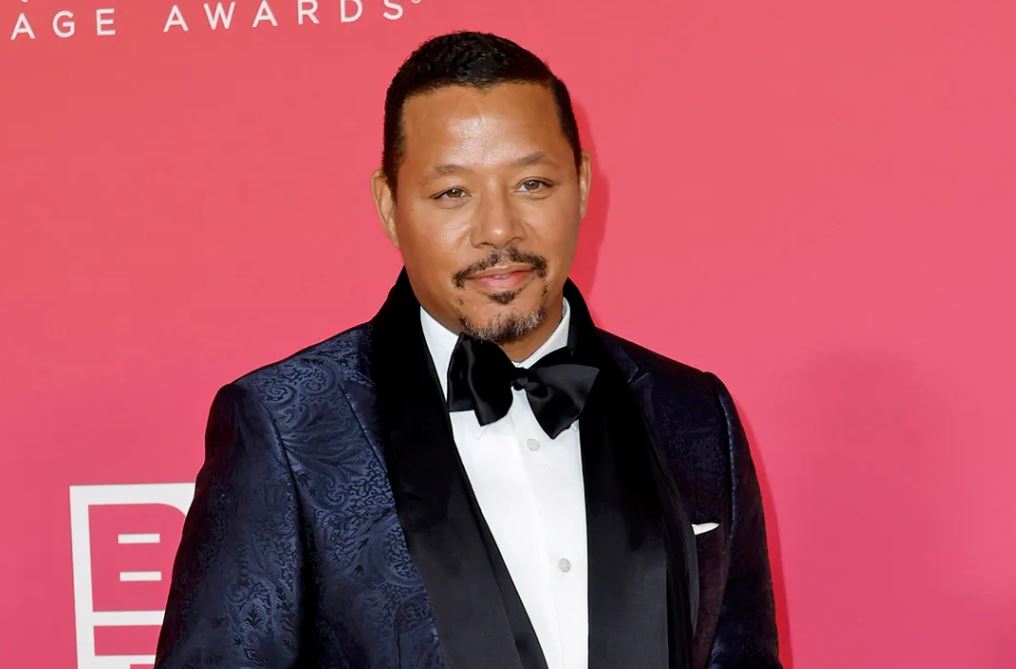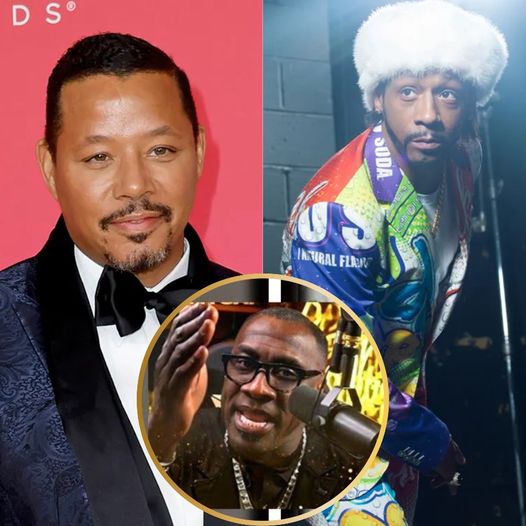A well-known and respected actor named Terrence Howard has made headlines by speaking out against what he sees as a systemic effort in the entertainment business to weaken black masculinity.
Black actors are being forced to wear dresses in movies, which is something he brought to light. This has started a long-running debate in Hollywood.
A lot of people became interested in this topic after comedians like Cat Williams and actor Dave Chappelle first brought it up by talking about how they felt forced to wear dresses on screen.
At first, their claims were brushed off as conspiracy ideas, but as more people, including Terrence Howard, have joined the conversation, they have become more credible.
Howard’s recent strong words have brought to light the problems black actors face in a business that often assigns them limited and stereotypical parts.
Howard has caused a lot of discussion and debate by not living up to these standards and speaking out against what is seen as an effort to make black men more like women.

It’s not a new problem that black artists are often forced to wear dresses. It has been around at least since Eddie Griffin brought it up in his comic “Foolish” in the late 1990s.
Griffin’s comedy showed how black people who want to be comedians or actors are put under a lot of pressure to fit Hollywood’s standards, even if it means doing something dishonest.
The situation got even worse when Dave Chappelle said that he and Martin Lawrence were forced to wear dresses together.
When Chappelle refused to give in to this pressure, it caused problems on set and made him decide to turn down a rich network deal.
Howard’s latest comments have brought this debate back to the forefront, sparking new conversations about how black men are portrayed in Hollywood.
Some people may be skeptical of Howard’s claims, but others see them as signs of bigger problems in the entertainment business.
There are deep-seated cultural biases in Hollywood that lead to the idea that black artists need to fit certain stereotypes in order to be successful. In turn, this spreads harmful stories and limits chances for real expression.
Howard was brave to question these industry norms and push for change, which started important talks about diversity and inclusion in Hollywood.
By refusing to accept things as they are, Howard is paving the way for other black actors to demand better representation and chances in an industry that has often ignored them.
Finally, Terrence Howard’s strong stance on the Hollywood dress scandal has brought important attention to a problem that had been ignored for a long time.
His refusal to fit in and his push for change have started a bigger conversation about diversity and representation in culture.
People are still arguing about whether black men are being stifled on purpose in Hollywood, but one thing is clear: the business needs to change, and it’s been time for change for a long time.
